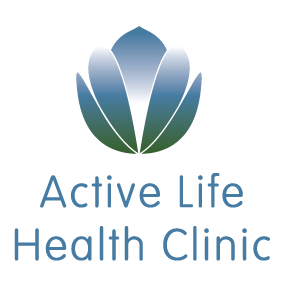 I get that my title is somewhat ironic. After all, this too is an online posting. But, I do advise that that you use your own critical thinking and ask other experts if anything I say below seems off to you.
I get that my title is somewhat ironic. After all, this too is an online posting. But, I do advise that that you use your own critical thinking and ask other experts if anything I say below seems off to you.
This blog all started because of Facebook. Three postings on Facebook over the last 6 or so months. Thank you to my friend who always tags me when her friends ask for health advice, and for sharing topics that open up discussion in the field of health and wellness.
One posting on Facebook asks for advice from friends. For a week and a half he has had shoulder pain and is unable to move his arm above shoulder height without causing sharp pain. Friends suggest he get a ball and dig in deep or use a foam roller to release the muscles. Ack! No, I would not suggest that. He may cause more damage and slow his recovery.
Another posting on Facebook had a woman asking friends if her symptoms of fever, simultaneous sensations of hot and cold, very sore throat, and aching all over was the result of the detox herbs she had started that day. Her friends agreed it was a “healing crisis,” part of the cleansing process that she should proceed with. Nope. I knew it was the flu, and sure enough that’s what it was. Continuing the cleanse would have been harder on her body for her immune system to mount a response.
I agree that it’s great to be able to take care of yourself, with a little help from your friends. But if your friends are not health care providers, you should take their advice with a grain of salt. They want to help, but sometimes they will accidentally cause you more harm.
Sometimes even those who are in the wellness industry hold onto old ideas.
Jamie Oliver, celebrity chef, says that the wellness industry has it wrong–coconut oil is unhealthy because it is full of saturated fat. The article link here. What he neglects to note is what I posted on my friend’s FB page when she opened up the dialogue:
It’s not as simple as Jamie Oliver and that dietician state. For a long time all fat was villainized. Now the mainstream gives monounsaturated fats and polyunsaturated fats hero status and calls saturated fats the villains. The studies are contradictory. Here’s one that’s a meta-analysis (grouping of studies) showing high saturated fat intake did not increase risk of cardiovascular disease (CVD) or coronary heart disease (CHD): American Journal of Clinical Nutrition.
A large Japanese study even found that eating more saturated fats was associated with lower rates of death from stroke: Japanese study.
There are studies showing that it might be high sugar intake that increases “bad” cholesterol (e.g. JAMA Internal Medicine). And, even almost 20 years ago, large studies were showing that there didn’t appear to be much link between blood cholesterol and risk of stroke (blood pressure, on the other hand, is a different matter). In fact, this one showed that lower blood cholesterol levels, though associated with lower levels of non-hemorrhagic stroke (the kind where the blood vessels in the brain don’t break), resulted in higher numbers of hemorrhagic stroke (the kind where at least one blood vessel breaks): The Lancet.
For anyone to claim that a real food (I’m not talking about the chemical garbage we’ve made up and called “food”) that has been consumed by populations for centuries is “good” (superfood hero) or “bad” (dangerous—that word is so overused), is presumptuous. It depends on how you eat it, the quality of the food itself (there is crappy coconut oil out there), how much you eat, and most importantly, your own body constitution.
My very long answer, but nutrition and nutrition myths are so important to me. 🙂
What questionable health advice do you most read about online?
